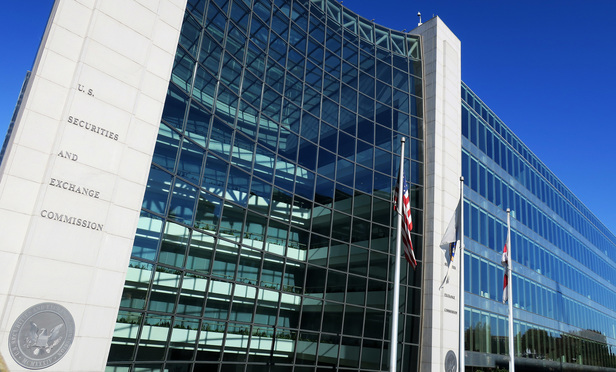”When whistleblowers tip the SEC, it not only can bring wrongdoers to justice but also relief to investors,” said Jane Norberg, chief of the SEC’s whistleblower office. ”This whistleblower’s valuable information enabled us to stop further investor harm and ultimately return money to victims.”
In order to approve the latest award, the SEC made an exception that it has used at least once before to reward a tipster who began working with the agency before the 2010 passage of Dodd-Frank, which created the agency’s whistleblower program.
The recipient of Thursday’s award had initially contacted the SEC before Dodd-Frank—a cutoff that has cost other tipsters the chance to receive big bounties. But the corporate insider continued to provide useful information after the law’s passage.
There was one problem: the information submitted after Dodd-Frank was not “in writing,” a requirement in the year between law’s passage and the August 2011 effective date of SEC rules mandating that tips be mailed, faxed or filed through the agency’s website.
Instead, according to the SEC order approving the award, the whistleblower “provided the new post-Dodd-Frank Act information in the format the enforcement staff requested.” The SEC cited that factor in the “unusual circumstances” identified in the agency’s order, which was redacted to conceal the whistleblower’s identity and did not specify the enforcement staff’s requested format.
The SEC in January made a similar exception to award more than $5.5 million to another whistleblower. The whistleblower in that case had also begun working with the SEC before Dodd-Frank, then continued assisting the agency after the law’s passage. The information that the tipster provided after Dodd Frank was not provided in writing—“an omission which might normally require an award denial,” the SEC said.
In both cases the SEC found the whistleblower qualified for a bounty nonetheless because the information was submitted “in the format that the enforcement staff expressly requested.”
Thursday’s award puts the total SEC whistleblower compensation, since the program started, at $158 million. Forty-six whistleblowers have been paid between 10 and 30 percent of monetary sanctions that exceed $1 million.
In determining the percentage for Thursday’s award recipient, the SEC noted the whistleblower “bears some, albeit limited, culpability” for the fraud. The agency does not identify what percentage any whistleblower receives.
On Tuesday, the SEC approved an award in spite of the whistleblower’s employment at a government agency that has a law enforcement component.




